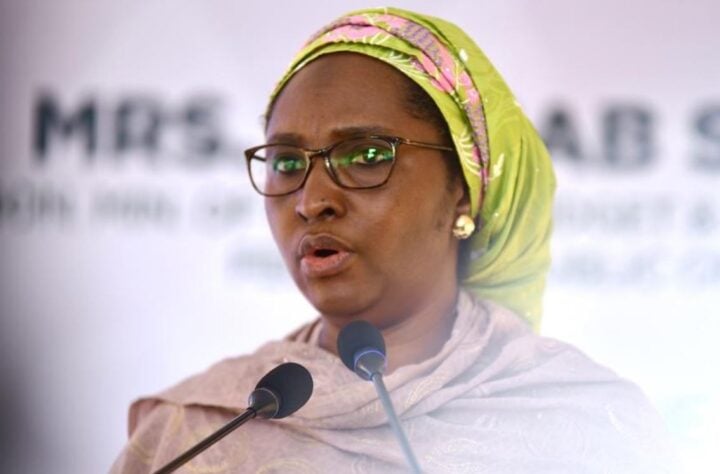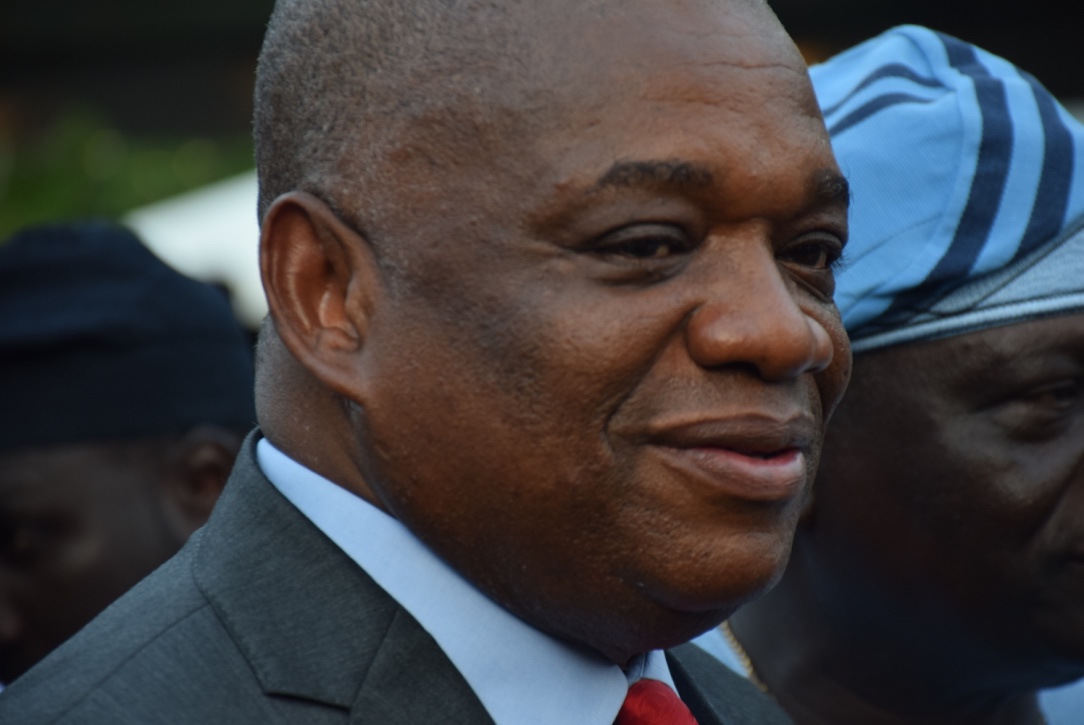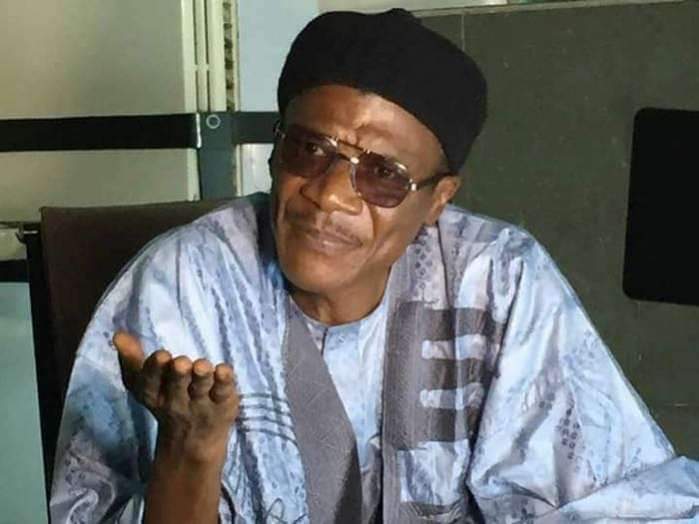Zainab Ahmed, minister of finance, budget and national planning, says the federal government will shift focus from revenue collection to tax compliance.
She spoke at the virtual economic outlook conference organised by Delloite, an audit, consulting and corporate finance company.
The minister said the federal government is adopting two major fiscal initiatives — the 2020 finance act and strategic revenue growth initiative (SRGI) — to drive the economy towards recovery.
She said the SRGI is a mechanism for enhancing fiscal revenues from six to 15 percent of gross domestic product (GDP) by 2023.
Advertisement
She said the second phase of the SRGI, which will include a partnership with state governments, will soon be adopted.
Responding to a question on the planned adoption of SRGI 2.0 and details of likely improvements, the minister said a consultative session will be held to determine areas to improve on.
She said the government will shift focus from revenue collection to tax compliance in SRGI 2.0.
Advertisement
“We would all have a consultative process to see what has worked and what has not. But I can tell you that we have already decided that we must add a thematic area that centres around tax administration and tax compliance,” she said on Thursday.
“We noticed during the period that revenue collecting agencies are busy measuring their performance on revenue collection rather than tax compliance. We want to shift focus to tax compliance because when you shift to tax compliance, revenue will follow it. And compliance goes on the side of the tax collector and the revenue agencies. That is one of the new things we want to add in SRGP 2.0.”
Ahmed said the federal government is working towards making Nigeria an industrialised nation in the next five years.
She added that the government is also reducing Nigeria’s dependence on crude oil.
Advertisement
“We have a long way to go and it is not going to be an easy journey for us. This over-dependence did not start today,” she said.
“We have started doing that by recalibrating our budget to reduce the reliance on oil revenue and if you loot at the Nigerian GDP, the contribution of the oil and gas industry has been on the decline.”
The event was attended by Ali Aisen, resident representative, International Monetary Fund (IMF) in Nigeria; Walter Mulombo, country representative, World Health Organization (WHO); Akin Banuso, country general manager, Microsoft; among others.
Advertisement
Add a comment






